
Mar - 30 , Prof.Dr R. K. Mahajan
Online Education played an influential role in the period of Pandemic disease spread (COVID-19) within our country. This teaching mode saved our students from wasting time in this unwanted situation. Schools, Colleges, Institutions, and Universities carried out their academic activity online during this period of havoc. Online teaching proved to be a good alternative in this era of Pandemic disease.
Now a question arises, how we can provide uniform and effective online education in India?
The answer to the above question lies in working in the following areas:
Hardware Resources:
If we need to promote online education, we have to ensure that students are equipped with Laptops/Desktops/Smart Phones/Tablets etc., for the mode of study. The upper and middle classes might be able to afford the gadgets, but what about the poor? The government will have to ensure that devices are provided to the economically weaker section free of cost. Though some states have taken the initiative, it needs at National Level.
Software Resources:
Academic Institutions will have to purchase the necessary software that is easy and efficient to operate. Free, open-source platforms are available, but those have limited functionality. Proprietary software will be used for delivering online lectures. Online examinations may also be conducted using the software.
Infrastructural Resources:
For online and digital transformation, infrastructural resources are a must. From copper cables to fibre optics and fibre optics to satellite links, all are to be updated to provide the Internet speed that caters to the need of this digital revolution.
Enhancing Pedagogy for teachers:
The teaching pedagogy is to be improvised for the entire community of teachers. Well-trained trainers will be needed in this area of concern. Teachers must be equipped with the hardware, software, and infrastructural resources to deliver their best in this online teaching and learning model.
Understanding the health hazards:
Apart from all the technological benefits, we would also need to understand the health hazards of this online revolution. The impact of long hours of teaching and learning on the eyes and minds of people is to be taken into consideration. Technology must act as a help rather than a health issue. Blended mode education will prove to be a practical choice in this capacity.
Education is not single-day learning; it is a lifelong learning opportunity to evolve. So, grow yourself slowly and steadily by considering all the benefits and drawbacks of this online exploration. Even exams were taken online, and the admission process started late by about two to three months and still, due to the closure of the institutions, only online virtual teaching is going on.
Therefore, in the post-covid-19 scenario, we, the head of the institutions, have a new responsibility now to shoulder as the head of the family. We need to transform ourselves into considerate, compassionate, caring, and supportive yet firm facilitators whose decisions depend on transforming obstacles into opportunities.
It is undoubtedly an uphill task, but it is a survival mechanism. Several seen and unseen difficulties and challenges waylay us. Often opportunities come in disguise. Therefore, many of us fail to recognise and grab them. So we should be alert and watch for the possibilities. Colleges may reopen over time, but our planning should start now.
If we count our strengths, there are two primary sources: Our Staff and students. We must keep in touch with them regularly. When we are at home or in the offices, we can contact our staff through online platforms, emails, messages or phone calls, enquire about their wellbeing, their family and discuss some of the significant concerns that will arise post covid era. It is an excellent time to establish a one to one rapport with all the staff members and help create a feel-good situation.
In the present new normal situation, strength is a significant concern in retaining the student. Communicating personally or on any virtual platform meetings with students in groups will help convey to them that the institution considers them part of the family. An additional benefit of such meetings will be interacting with the students' parents and discussing the changing trends. Their suggestions will also be of great help as essential stakeholders.
We can also discuss here the changes in teaching-learning methodology. We can consider this as an opportunity to reinvent the education process. The journey from brick classrooms to click classrooms is not an easy one. Each of us will have to get accustomed to the role of technology in this process and prepare teachers and students for these changes. The method of unlearning, learning and relearning will have to be accelerated. The students' significant change will have to give up the spoon-feeding received in conventional classes.
We have to change our action plans keeping in view the challenges to be faced due to this pandemic. The first challenge is the challenge of health and hygiene. As the custodians of the total well-being of the staff and students, serious thought to the following urgent preparation is advisable:
An additional benefit of such meetings will be interacting with the students' parents and discussing the changing trends. Their suggestions will also be of great help as essential stakeholders.
We can also discuss here the changes in teaching-learning methodology. We can consider this as an opportunity to reinvent the education process. The journey from brick classrooms to click classrooms is not an easy one. Each of us will have to get accustomed to the role of technology in this process and prepare teachers and students for these changes. The method of unlearning, learning and relearning will have to be accelerated. The students' significant change will have to give up the spoon-feeding received in conventional classes.
We have to change our action plans keeping in view the challenges to be faced due to this pandemic. The first challenge is the challenge of health and hygiene. As the custodians of the total wellbeing of the staff and students, serious thought to the following urgent preparation is advisable:
We have to prepare the E-Academic Calendar, One or two days of teacher training for handling gadgetry/LMS, E-content writing. To collect data/information on the availability of android phones/ laptops and internet connectivity with students and update the website.
We must prepare SOPs for health and hygiene, e.g. disinfection, sanitisation of the entire campus, Temperature check at the gate, masks checking, water and sanitiser supply at the entrance, strictly staggered (Zigzag) seating arrangements, Medical help, at least on-call, and above all, psychological counselling may become a growing need. The teachers can be deputed for short training and can be of immense help both on and off the campus.
The other challenges are declining enrollment, delay in tuition fees, and government grants will be a distant dream. So it is the time to team up to work as a cohesive group, courageously keeping under control differences and egos and generously awaken our human kindness. We need to form scouting and contact a staff team to counsel students, meet government officials, NGOs like Lions and Rotary, etc. Charitable trusts, Alumni & parents, NSS/NCC volunteers.
Our primary responsibility is to complete the syllabi by reaching out to the last. We have to think about many permutations and combinations for advanced, average, and slow learners. We have to install LMS to track and record formative evaluations, Whatsapp groups for Q.A. Online document sharing/ Handouts for difficult areas. We may have to face cramped and curtailed hours assigned for many activities and events in the semester system. Additionally, the requirement of social distancing will necessarily impose a withholding/ cancellation of them.
Expert lectures, plenary talks by eminent persons, specialists in various fields meant for all students may also be axed. They require a large audience sitting together, thus threatening the social distancing norms. Only small classroom activities are advisable/ or reputed motivational speakers can deliver online lectures.
New skills for students, such as the switch to self-learning mode, research mode, took place within a short period. The expected change will lead to a movement away from rote learning, mastering, reproducing information and becoming a cog in some machine to experimental learning, reflecting and gaining knowledge and becoming wise, developing problem-solving, crisis management, decision-making skills, and being able to distinguish between facts and opinions. The examination committee will have to bring about newer assessment methods and test whether the outcomes have been achieved. The timetable committee will have to work out slots on virtual platforms to arrange online classes. The Art and Drama Committee will have to consider newer online methods of tapping students' talents. We have to prepare good quality reading material for students writing blogs, encouraging students to write. We should encourage participation in local issues so that the institution receives the support of the local community, especially in rural areas, NSS, NCC students can help during a crisis. They can help families facing unemployment, lend a helping hand by counselling the depressed.
We can conclude that several seen and unseen difficulties and challenges ambush and siege us. The going will get tough, so we have to be tough to get going. The most challenging thing is deciding to implement the necessary change and continue spearheading that change with resolve.
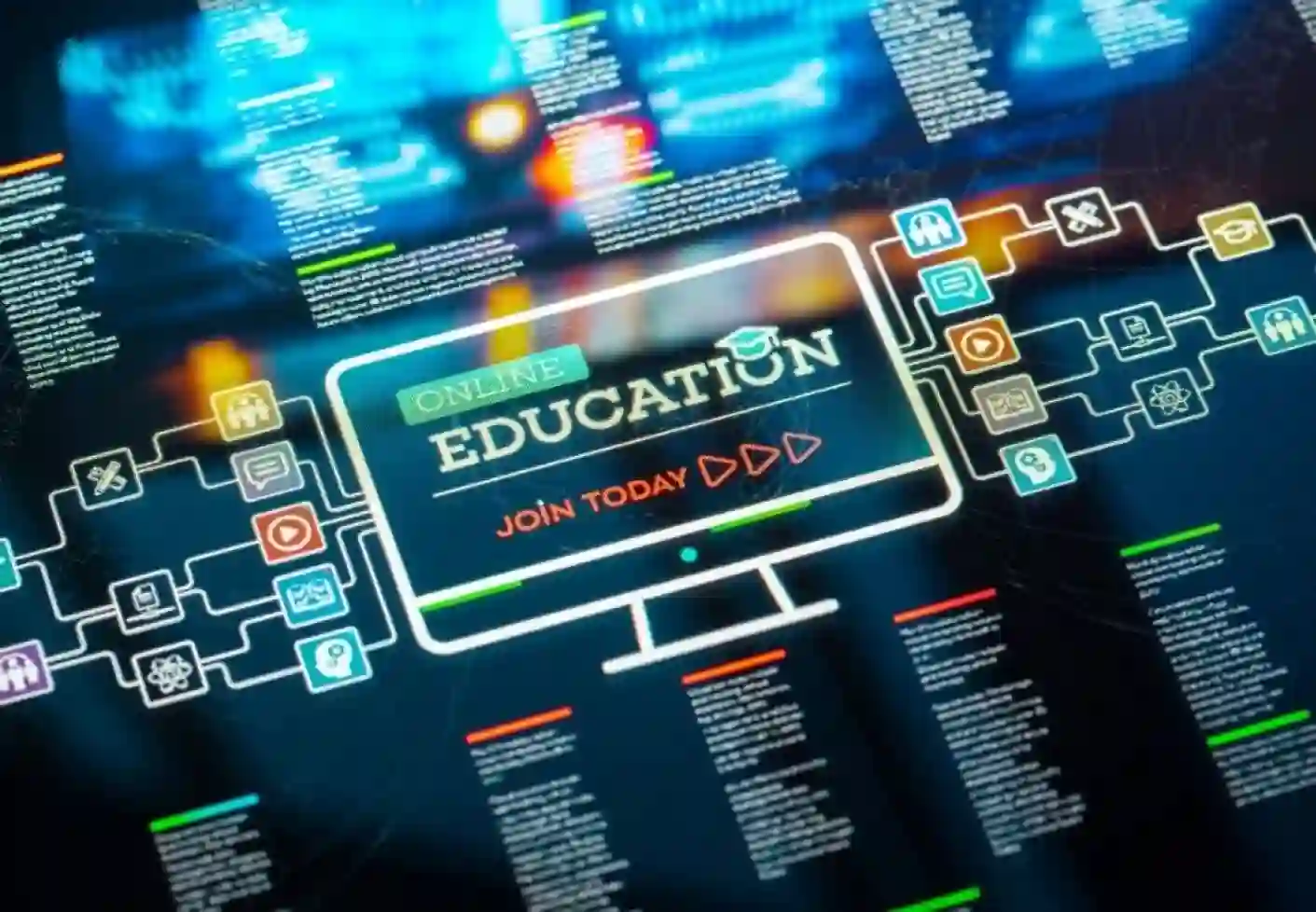
By Prof. Dr Raghuvir Singh, Mar - 31
Education is the most significant determinant of an individuals future success. EdTech is a concept that transforms traditional education into... Read More
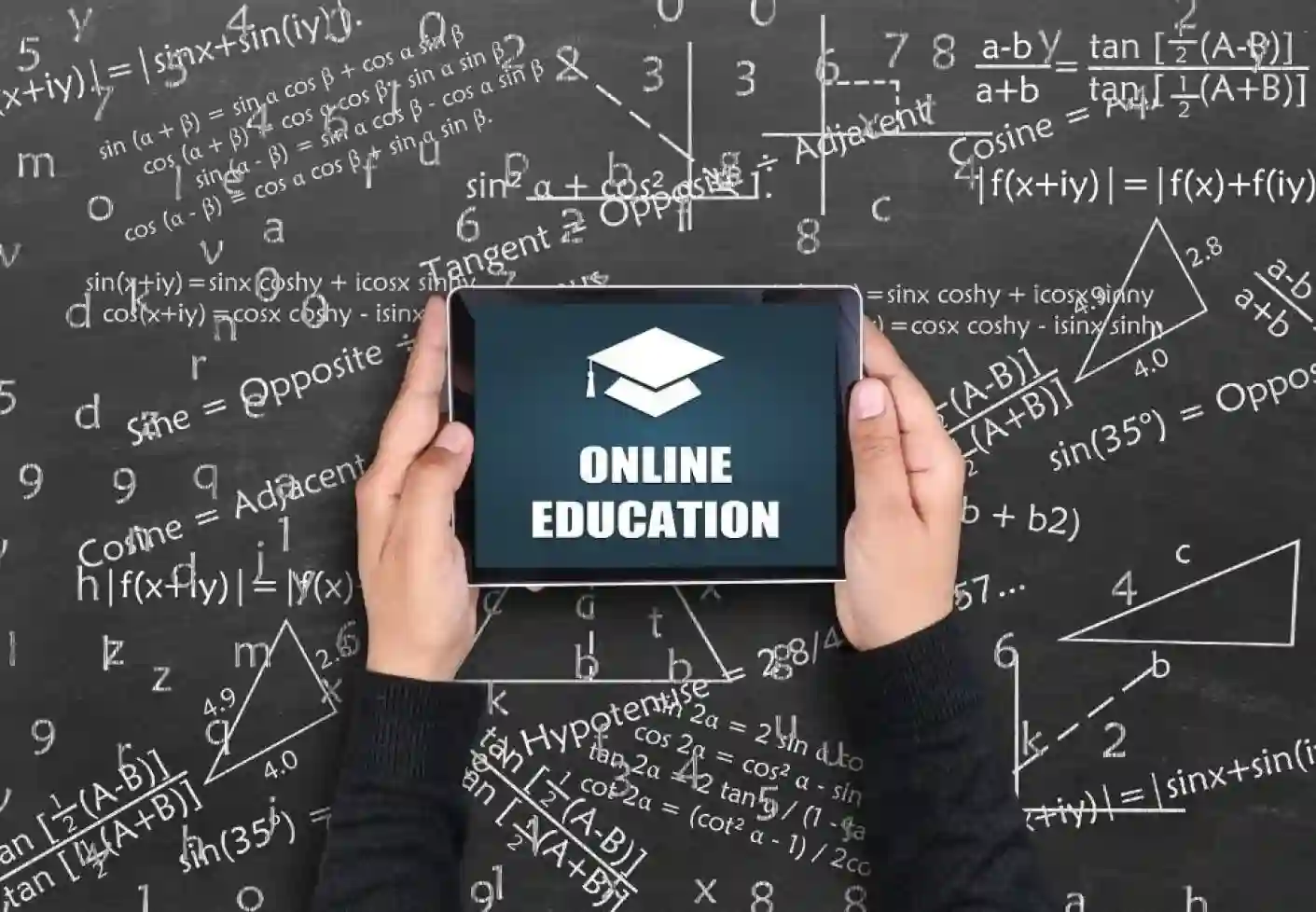
By Prof. Dr Veena Bhalla, Mar - 31
Information and Communication Technology (ICT) is a buzzword used in every activity ranging from education through administration to business. It i... Read More
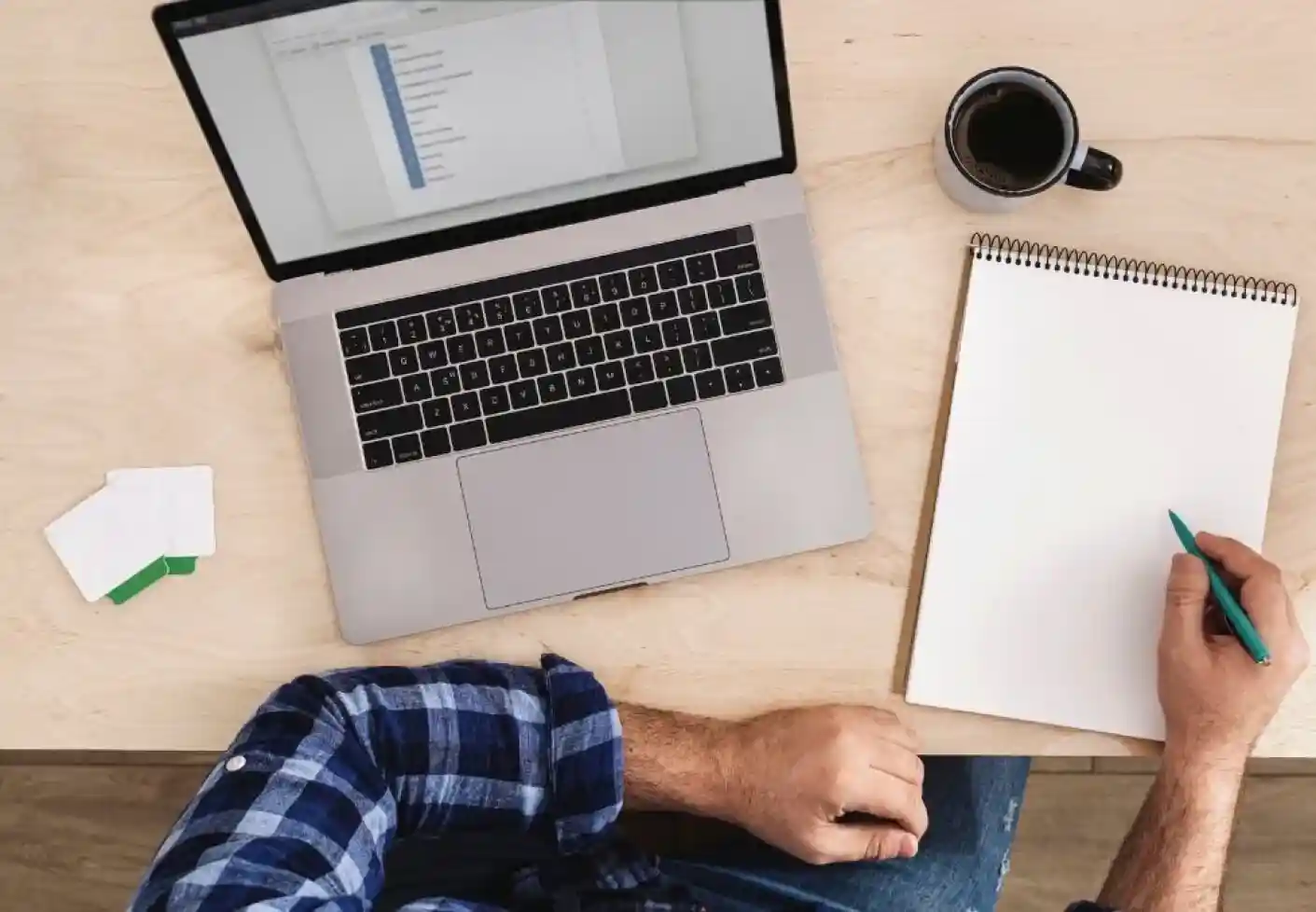
By Prof. Dr R. K. Gupta, Mar - 31
Online Education played an influential role in the period of Pandemic disease spread (COVID-19) within our country. This mode of teaching saved our... Read More
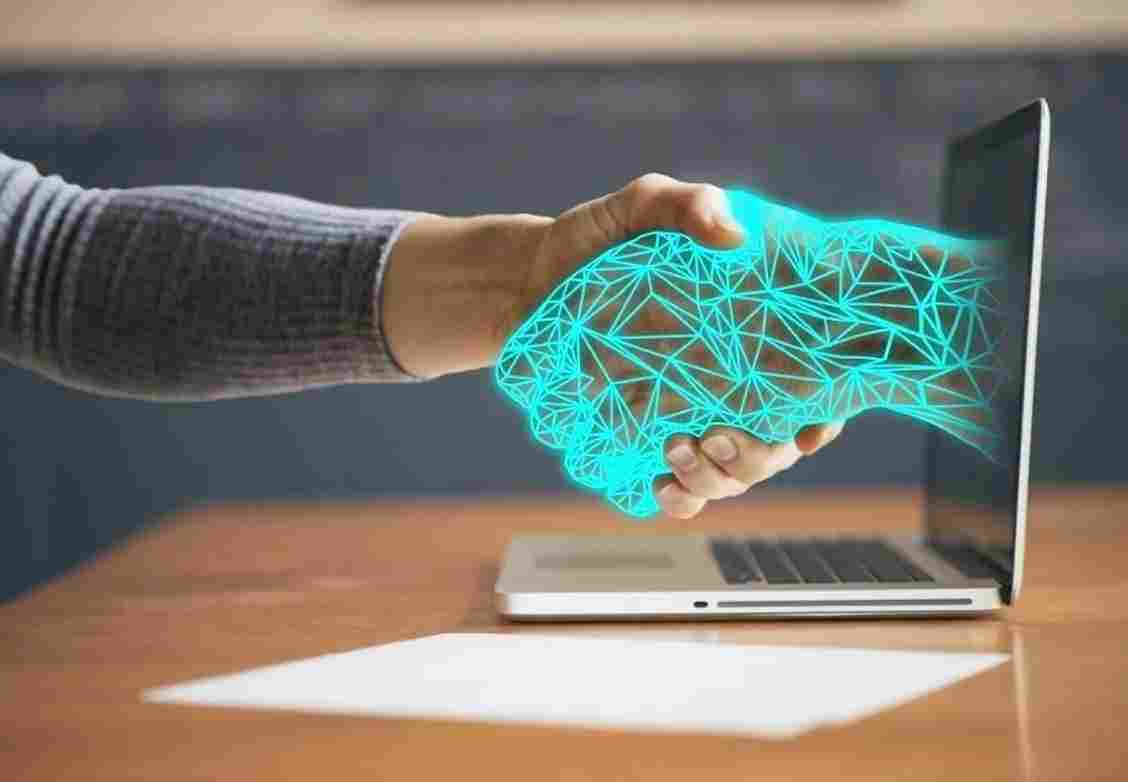
By Prof. Dr Raghuvir Singh, Mar - 31
Technology has stood as a saviour for higher education across the globe during adversity. It has assured that those functional aspects of education... Read More

By Prof.Dr R. K. Mahajan, Mar - 30
Online Education played an influential role in the period of Pandemic disease spread (COVID-19) within our country. This teaching mode saved our st... Read More
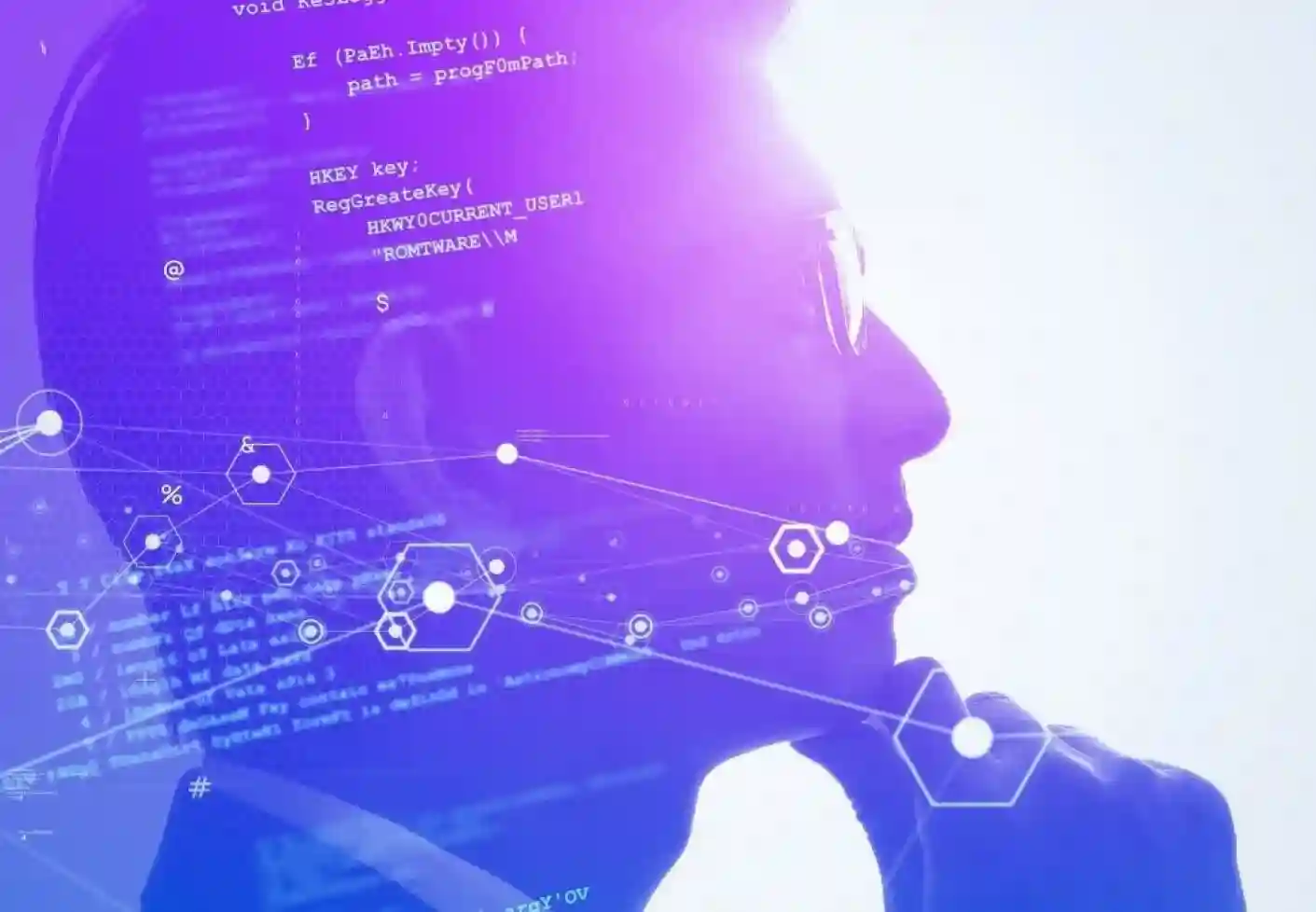
By Prof. Dr Santosh Rane, Mar - 30
Every facet of life in today's world has been influenced by modern Information and communication technology (ICT) in the 21st century in the mo... Read More
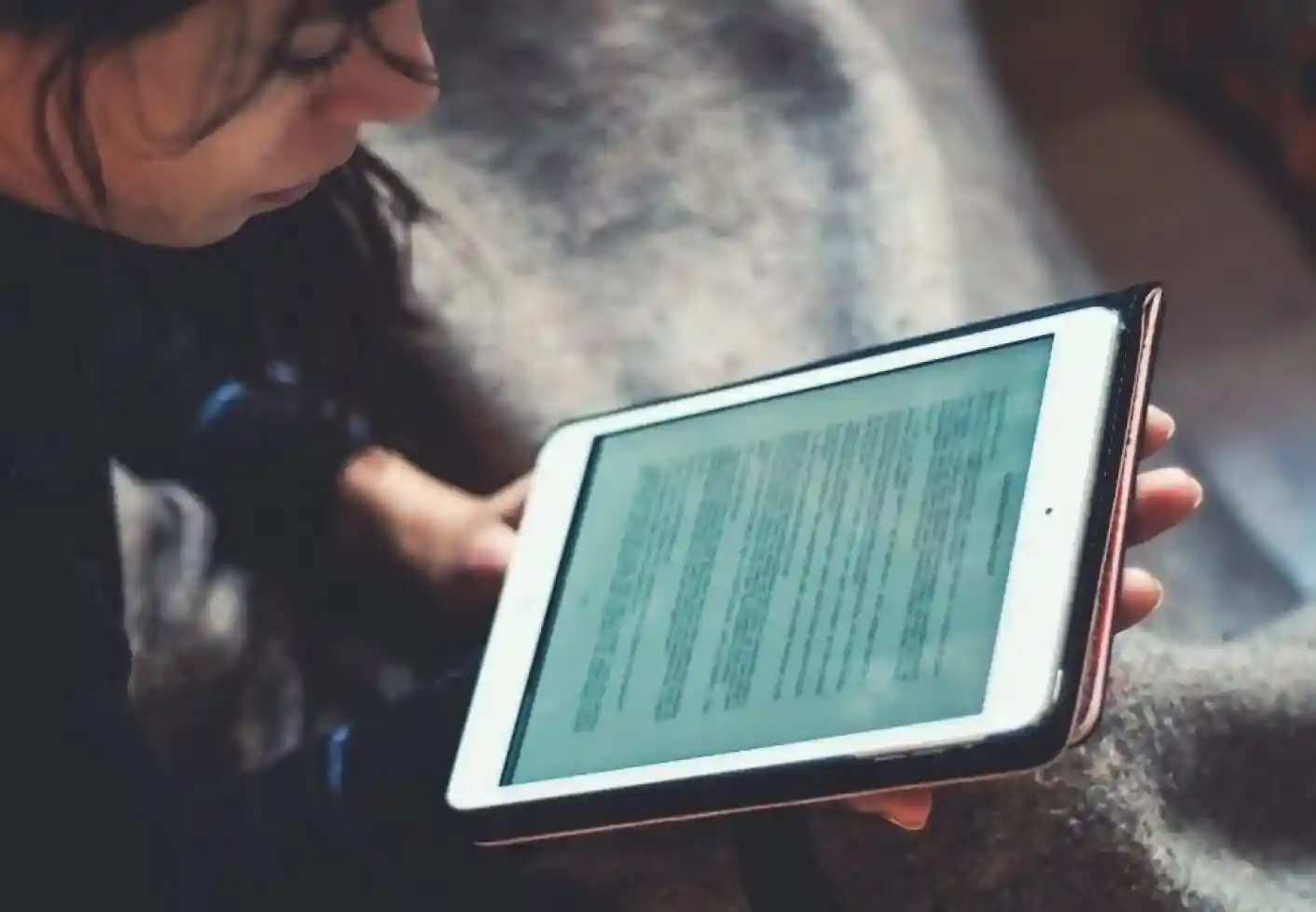
By Prof. Dr K. S. Gupta, Mar - 30
Over the last several decades, Information and Communication Technology (ICT) has become prominent in higher education. With this prominence, educa... Read More
By Prof. Dr. Parvinder Singh, Mar - 30
Technology has stood as a saviour for higher education across the globe during adversity. It has assured that those functional aspects of education... Read More